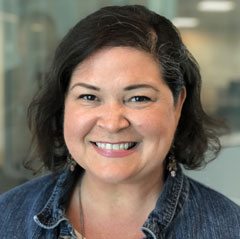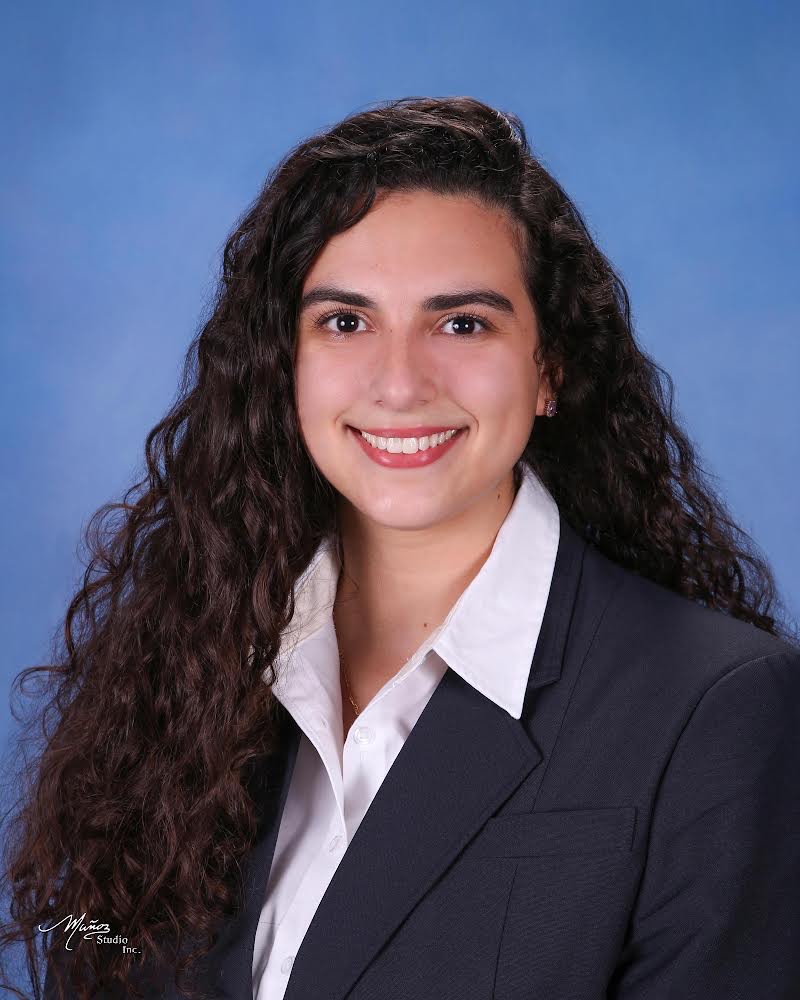Master’s degree is redefining the future of education through curriculum and instruction

Apr 15, 2022, 1:00 PM.
article key points
The M.S. in Curriculum and Instruction: Elementary Education track addresses current trends and policies to provide graduates with the advocacy tools needed to close achievement gaps in K-6 classrooms.
As much as education has evolved, there is still much to be done to address persistent disparities in learning among students in the K-6 arena. According to Maria Tsalikis, associate teaching professor for the College of Arts and Sciences & Education, to counteract the pandemic’s effects on grade-school children, the deficit in community involvement, and to help support children overcome achievement gaps, the fully online M.S. in Curriculum & Instruction: Elementary Education track teaches students to be “agents of change for the good of diverse sets of people in the world in which they live.”
Creating a purpose
“We care about our students and thought about how we could refine our purpose,” she says and discusses how the master’s degree helps teachers create their teaching philosophy and define the outcome for what they want to achieve. “The program provides the framework for professional educators to understand what they stand for, what their impact is and how to accomplish what they want to achieve.”
Together, the faculty created a guiding philosophy statement to explore the role of curriculum and instruction with regard to what is happening in the world. The FIU master’s in curriculum and instruction program, Tsalikis explains, is reflexive to societal and political currents and how topics may affect children and their families.
Through the program, graduates develop or expand their teaching philosophy that may include advocacy-oriented pedagogical content, critical and contextual reflexivity, compassionate and empathetic leadership, and advocacy for and with young people at the local, national and global levels.
Student view

For Lizette Gonzalez, a current graduate student, the classes have been beneficial. A first-grade teacher in Miami-Dade County, the program has provided more knowledge on exceptional student education. She is currently devising her capstone action research project using her own classroom to bridge the gaps for students performing below grade.
“My program teaches me how to dissect a curriculum and develop one that will benefit my students. This will help me become a more effective teacher and cater to my diverse population,” attests Gonzalez.
Incorporating advocacy
There are different trends right now in public education, especially in the areas of literacy, social studies and science, states Tsalikis, and this degree empowers teachers to find creative ways to help support children through incorporating advocacy to promote equity, access and inclusion.
“It’s not just about the results of a test, there are a lot of issues and situations that communities face. The teacher’s role is more than just a person who stands in a classroom and teaches a lesson—they are advocates, they serve as surrogate parents, they are liaisons for their communities,” says Tsalikis, who underscores that diversity comes in a range of ways beyond ethnicity and can include learning abilities and challenges, cultural background and community history.
Diversity in the classroom

Graduate student Shakercha Bradshaw, who is active duty in the U.S. Air Force, chose the online master's degree in Curriculum and Instruction: Elementary Education track because of the integrated classroom urban education instruction and because she needed a portable program as she is assigned tours of duty around the country.
“You have to take into consideration all of the diversity in the classroom and in the curriculum. I would recommend this program because it addresses the concerns of our time and considers the student’s environment,” informs Bradshaw.
The program is designed to prepare students to be dynamic, creative, and quick-thinking within the classroom. Tsalikis acknowledges that just as changes are occurring month to month in education in Florida, and around the country, so too do the assignments within the program. From semester to semester, the faculty reflect on the needs of FIU’s students and the communities where they teach.
“It’s a very creative process and there are a lot of moving parts to create pedagogy that is inclusive. This ensures that all children have a voice,” Tsalikis asserts.
